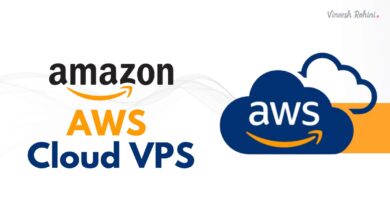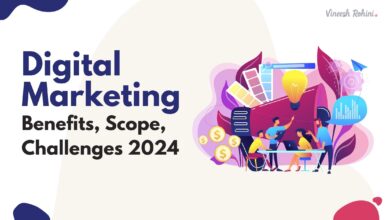Hashtags vs Keywords: Understanding the Differences in Digital Marketing
Introduction:
The rise of social media platforms has transformed the way people communicate and share information online. As a result, businesses and individuals have had to adapt their marketing strategies to fit this new landscape. One of the most important tools in social media marketing is the use of keywords and hashtags. In this essay, we will explore the differences between hashtags and keywords, and the ways in which they are used in digital marketing.
Part 1: Hashtags
Hashtags are words or phrases preceded by the “#” symbol that are used to categorize content on social media platforms. When someone clicks on a hashtag, they are taken to a page where they can see all the posts that include that hashtag. Hashtags are an effective way to increase the visibility of content on social media platforms, and they are commonly used by businesses and individuals to promote their products, services, or personal brand.
One of the key benefits of hashtags is that they make it easy to discover new content on social media platforms. For example, if someone is interested in fitness, they can search for the hashtag #fitness and find all the posts that include that hashtag. Hashtags also make it easier for businesses to reach their target audience. By using hashtags that are relevant to their products or services, businesses can increase the visibility of their content and attract new followers.
Hashtags are also commonly used in social media campaigns. For example, a business might create a hashtag that is unique to their campaign, and encourage their followers to use it in their posts. This can help to create a sense of community among followers, and increase engagement with the campaign.
Part 2: Keywords
Keywords are words or phrases that are used to describe the content of a web page or social media post. Keywords are important in digital marketing because they help search engines understand what a piece of content is about. When someone searches for a particular keyword, search engines will return a list of web pages or social media posts that include that keyword.
Keywords are an important part of search engine optimization (SEO), which is the process of optimizing a website or social media profile to rank higher in search engine results. By including keywords in their content, businesses can increase the likelihood that their content will be found by people searching for related topics.
Keywords are also used in pay-per-click (PPC) advertising campaigns. In a PPC campaign, businesses bid on keywords that are relevant to their products or services. When someone searches for a keyword that a business has bid on, their ad may be displayed at the top of the search results.
Part 3: Hashtags vs Keywords
While hashtags and keywords are both important in digital marketing, they serve different purposes. Hashtags are used to categorize content on social media platforms, while keywords are used to help search engines understand the content of a web page or social media post.
Hashtags are effective in increasing the visibility of content on social media platforms, but they have limited use outside of social media. Keywords, on the other hand, are important for SEO and can help businesses rank higher in search engine results.
Another difference between hashtags and keywords is that hashtags are more flexible than keywords. Hashtags can be created on the fly and can be used in a variety of ways. Keywords, on the other hand, require more research and planning to be effective.
Conclusion:
In conclusion, hashtags and keywords are both important in digital marketing, but they serve different purposes. Hashtags are effective in increasing the visibility of content on social media platforms, while keywords are important for SEO and can help businesses rank higher in search engine results. While hashtags are more flexible than keywords, they have limited use outside of social media. Businesses and individuals should use both hashtags and keywords in their digital marketing strategies to maximize their reach and visibility online.



